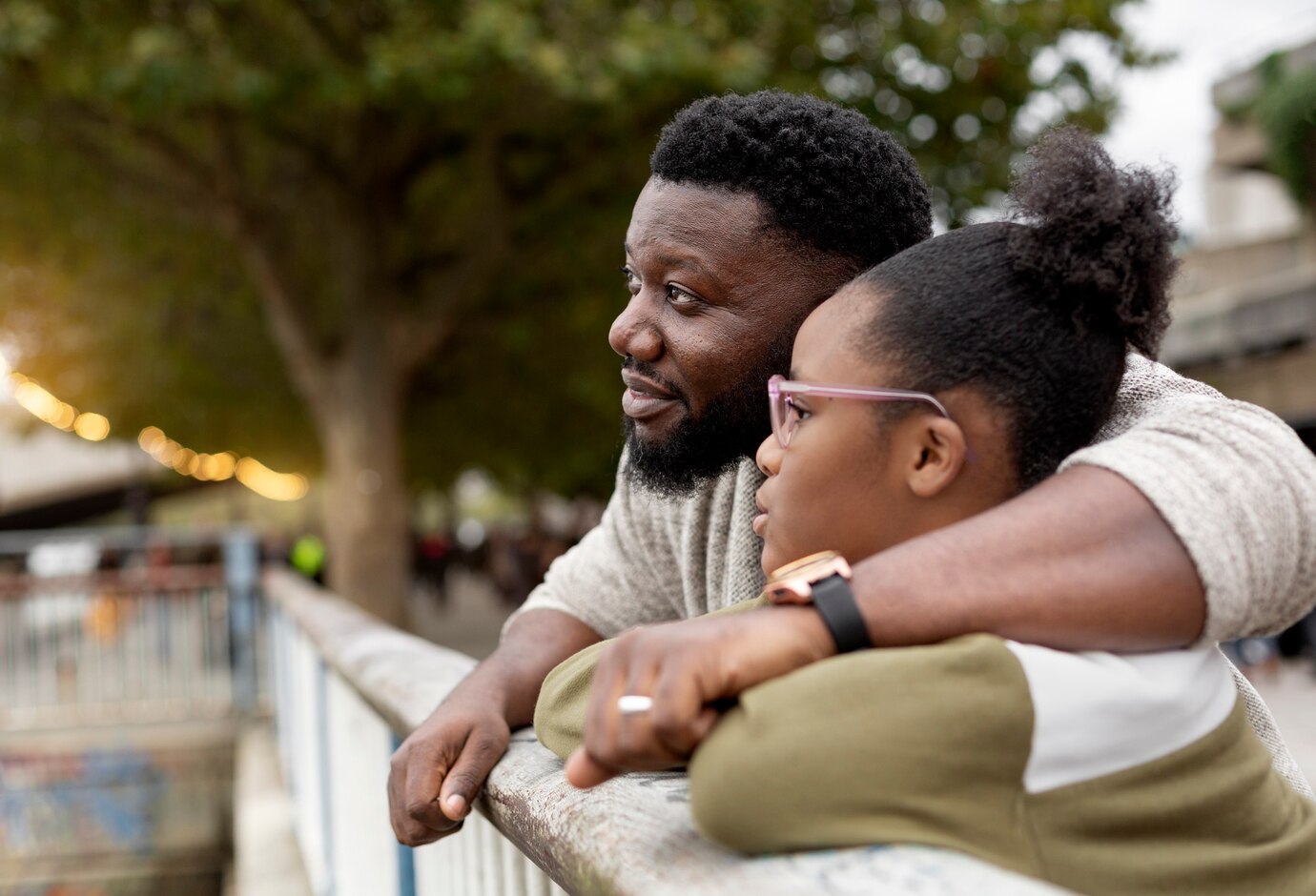I will not write a treatise on this lesson, or maybe I will. I grew up with books. I recognize just how fortunate that makes me. The presence of books around me and the fact that both my parents taught at the university during my formative years certainly fueled my fascination with the written word.
At an early age, I knew that the ability to read, research, and think could open wondrous new worlds to me. Whenever I got bored, I would pick up the Childcraft Encyclopedia and get lost in any number of topics. I learned to make paper mache from books. After watching the movie Sound of Music, I wanted to create a puppet show, so I found instructions in a book, made my puppets and stage, and put on a show for my family. I studied poems and devoured books by authors like Professor Anezi Okoro (a neighbor) and Enid Blyton, and all that study led me to start writing myself.
I studied to address challenges in every area of my life. When I need to make a new dish with an ingredient, I read up on my options. When a plant is dying, I study how to save it. If I feel unwell, I research my symptoms and seek insight. When I look out in despair at my community and state of affairs, I study to gain perspective, understand how we got there, and examine possible solutions. When my clients share their challenges, I study to find viable solutions.
Many of us extol the virtues of education, but there is a difference between getting an education and studying. How many of us took classes where we crammed and regurgitated information without fundamental understanding? How often do we check the box to get a grade and a degree without acquiring the capabilities to read, analyze, and think through the material? Educator Mary McLeod Bethune admonished, “Studying goes deeper than mere reading. There are surface nuggets to be gathered, but the best of the gold is underneath, and it takes time and labor to secure it.”
To study is to conduct a detailed investigation and analysis of a subject or situation. It entails more than just a cursory glance. It requires concerted time and effort. The rewards of studying and acquiring knowledge are endless. Besides the obvious benefits of acquiring knowledge that can open doors to a means of living, it is also what you can give to the world as more neurons connect. You begin to imagine solutions to challenges around you. It is how you add value to the world in which you live. Every time I set a goal, I study to understand what steps I must follow. My study gives me a distinct advantage because most people do not study. As one committed to the liberation of peoples of African descent, and indeed all of humanity, studying our History is essential. Marcus Garvey reminds us of the importance of studying for liberation: “A people without the knowledge of their history, origin, and culture is like a tree without roots.” What happens to a tree without roots?
Cheikh Anta Diop, the pre-eminent Senegalese scholar, anthropologist, physicist, and historian whose seminal research and writing continues to inspire research on race, pre-colonial African culture, and Black civilization and the author of Civilization or Barbarism: An Authentic Anthropology, had the following observation, “Thus imperialism, like the prehistoric hunter, first killed the being spiritually and culturally, before trying to eliminate it physically. The negation of the History and intellectual accomplishments of Black Africans was cultural, mental murder, which preceded and paved the way for their genocide here and there in the world.” In other words, the path to freedom for Black people all over the diaspora is to study to reclaim our History and understand who we were spiritually and culturally before the pillage of Africa began.
I do not know if any of my children will have the love affair I have with books. To cultivate the same love of books I have and imprint the importance of studying on my children, they all had bookcases lined with books in their rooms as infants. I read to them daily. I intentionally opted not to put TVs, game stations, and the like in their rooms, and even the teenagers still do not have those items in their rooms today, although they do have computers and phones. Not coincidentally, my first two children are published authors. Each of them wrote their book to meet a specific need. They studied and wrote to be problem solvers. All five of my children are great readers, though some have to be coerced to read occasionally. They all understand how to seek out information to meet their goals and create the lives they desire. When the third child decided to open a cupcake business, she researched her options and built a successful enterprise. When the fourth child chose to raise chickens, he studied what it required. So far, he is doing great and enjoying freshly laid eggs daily.
Atwood H. Townsend wrote, “No matter how busy you may think you are, you must find time for reading or surrender yourself to self-chosen ignorance.” In this day and age, I study because if any of us, particularly those who have access to libraries, is ignorant, it is self-chosen ignorance. And ignorance exacts a steep price. Famed African historian John Henrik Clarke posits, “History is not everything, but it is a starting point. History is a clock that people use to tell their political and cultural time of day. It is a compass they use to find themselves on the map of human geography. It tells them where they are but, more importantly, what they must be.”
A recent study found that in America, “33% of high school graduates never read another book the rest of their lives and 42% of college graduates never read another book after college. 70% of US adults have not been in a bookstore in the last five years, and 80% of US families did not buy or read a book in the last year in which the study was conducted.” If we are not even reading, we are definitely not studying. The consequence of lack of study is not just brain atrophy; it is ultimately about powerlessness. Study. Gain Insights. Apply Your Knowledge. Thrive.



